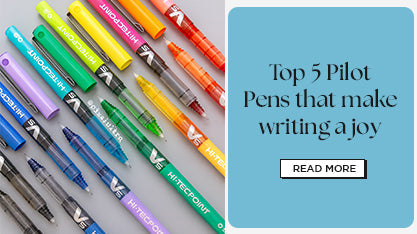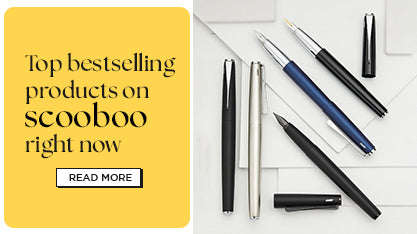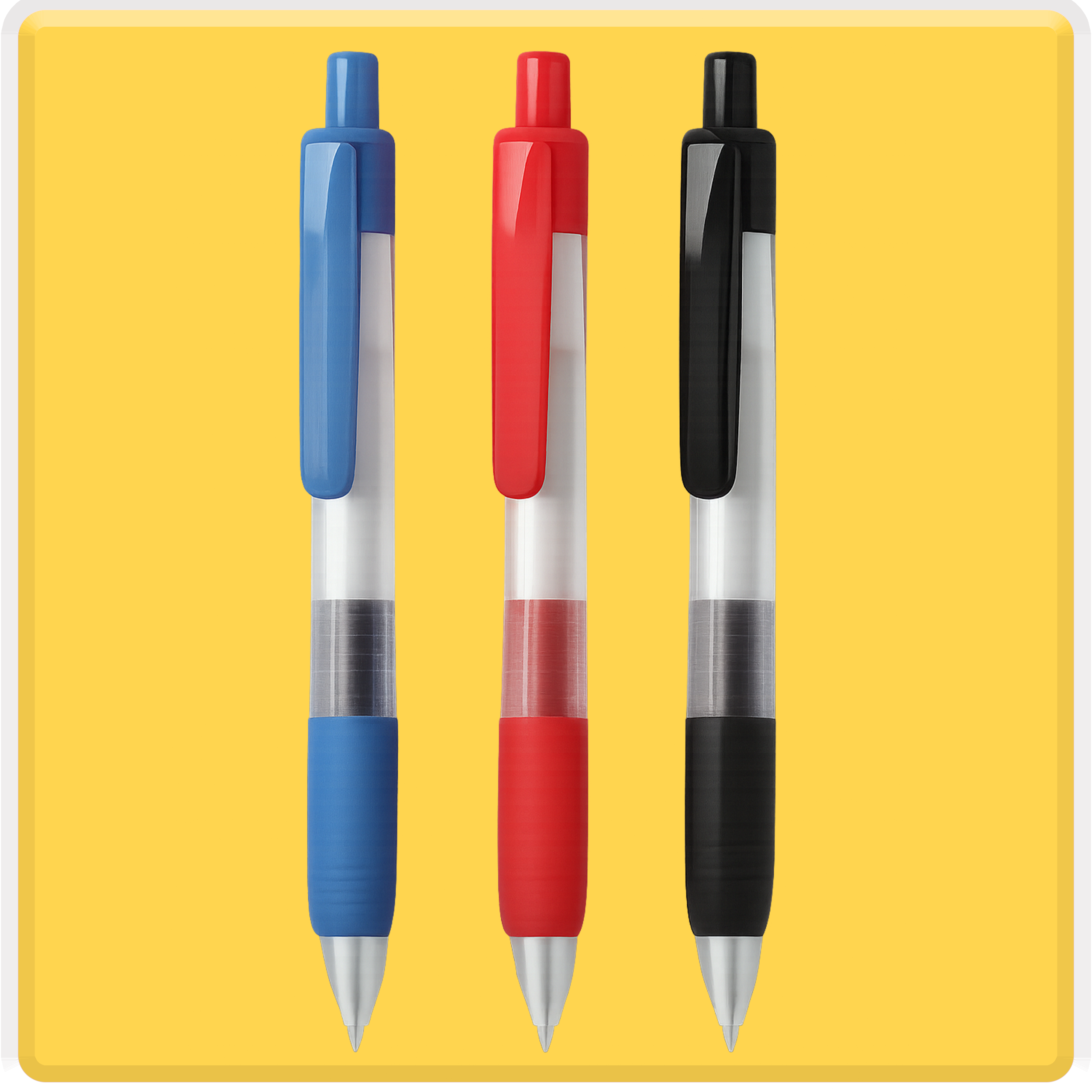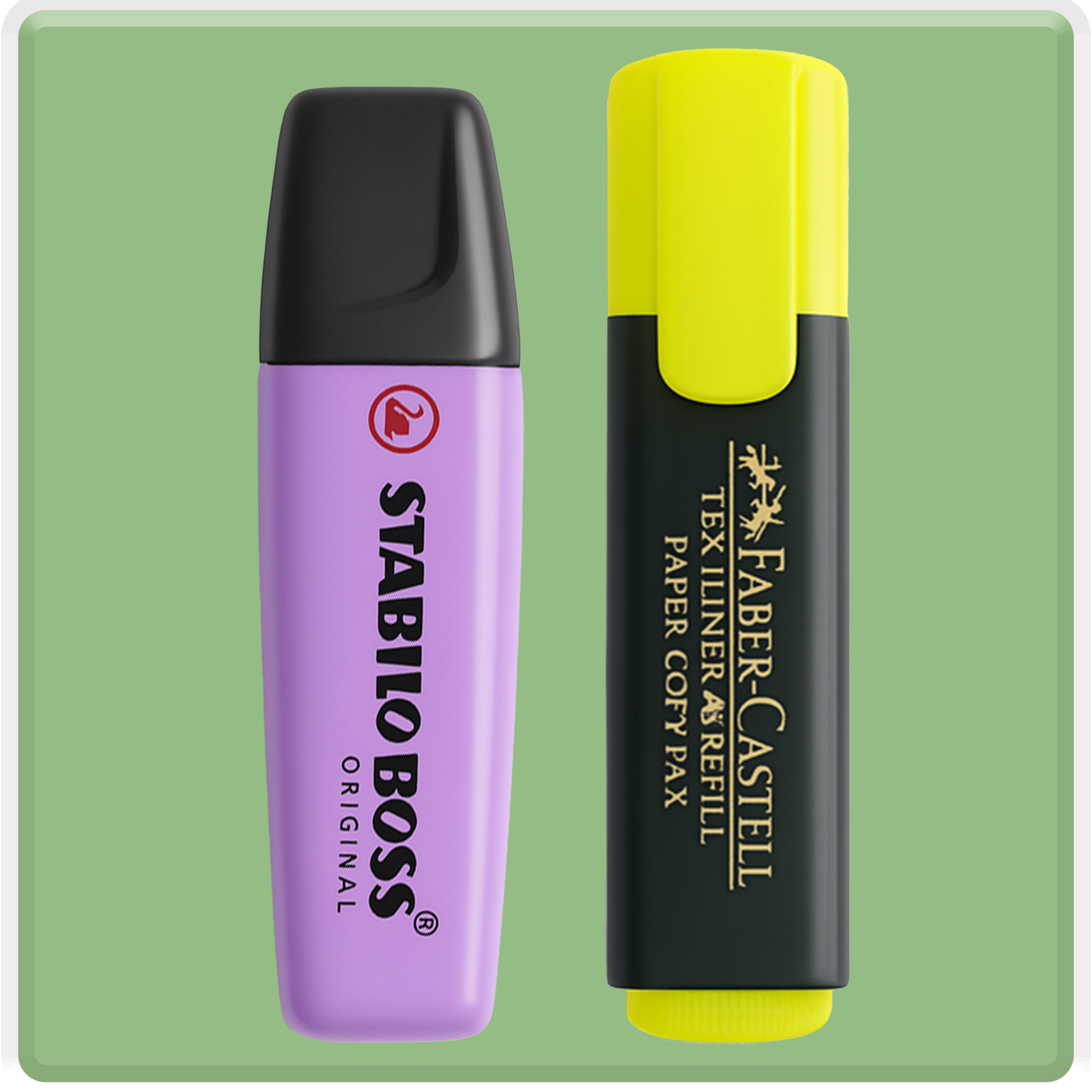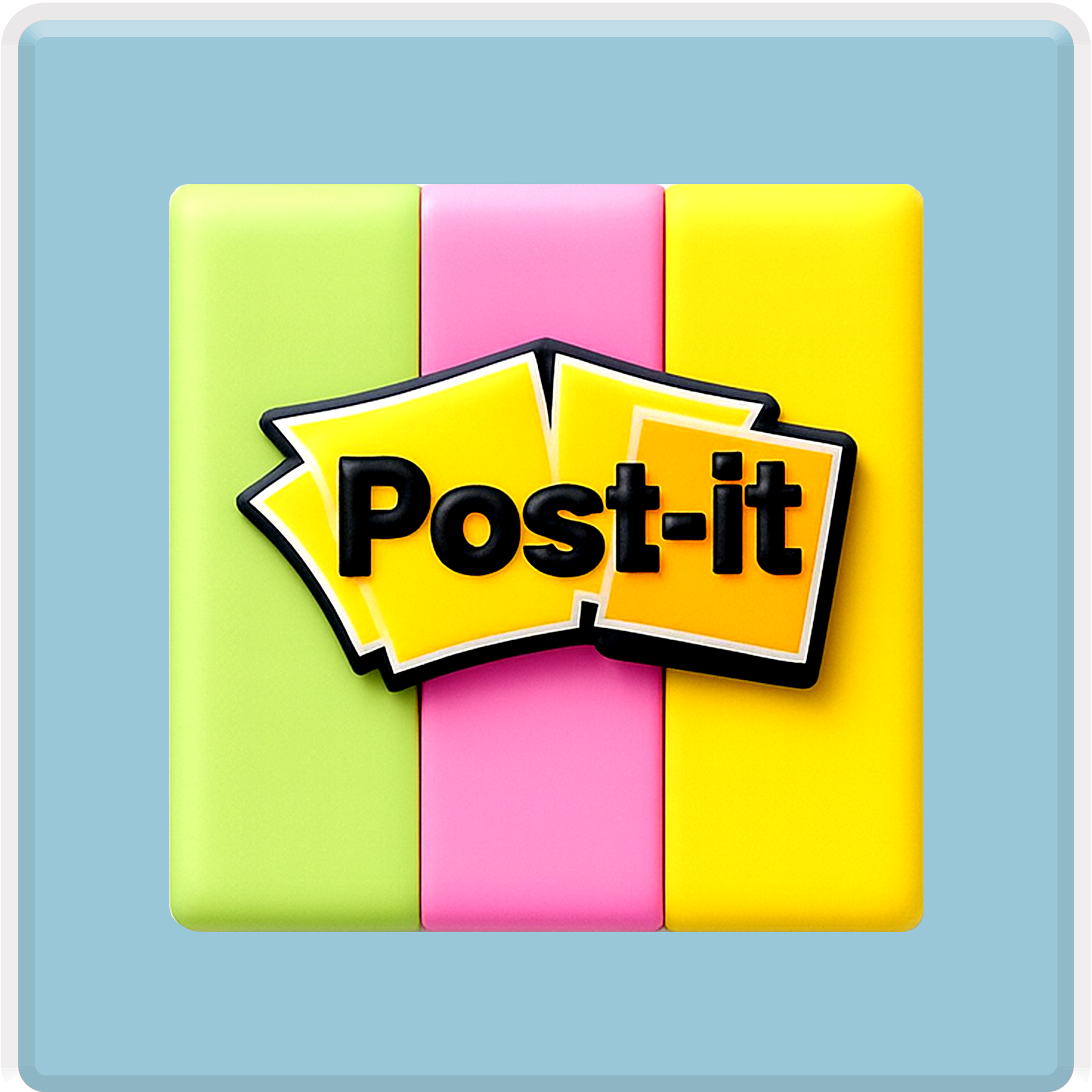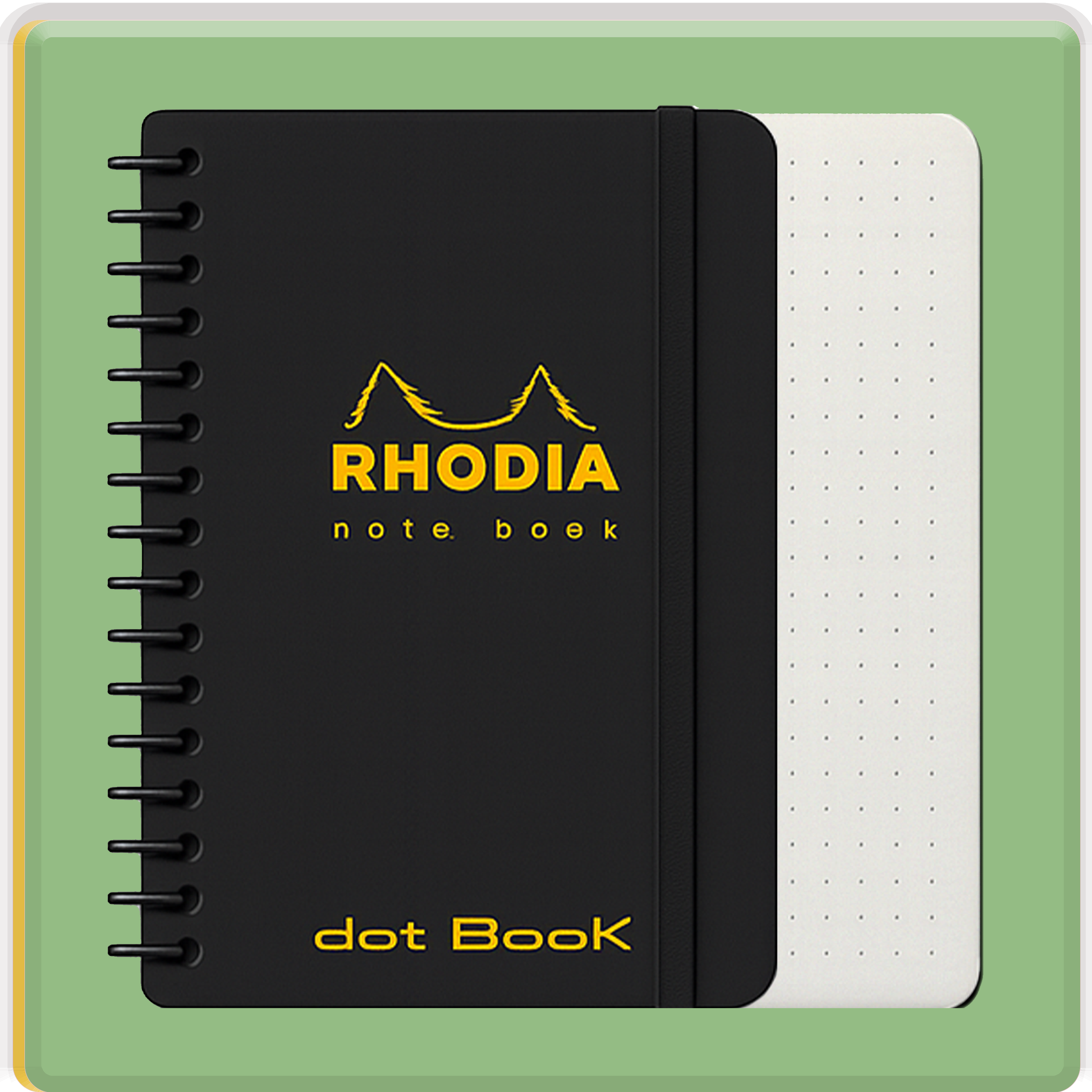
Welcome, fellow stationery enthusiasts, to another insightful journey into the world of organization and decluttering. Today, we're diving into the heart of every student's study arsenal—the humble folder. As we explore the habits of a self-proclaimed folder hoarder, we'll uncover the art of letting go and the benefits of decluttering, all while discovering new ways to maximize our stationery's potential. So, grab your favorite pen, and let's begin our journey of discovery with Scooboo!
The Love for Folders:
As a dedicated stationery lover, I must admit, ,y fondness for folders knows no bounds. The vibrant colors, the satisfying click of a secure clasp, and the promise of organization within its plastic confines—what's not to love? From subject-specific folders to the versatile accordion folder, each one tells a story of my academic journey, a tangible reminder of my commitment to excellence. But as the collection grew, so did the clutter, and it wasn't long before I found myself knee-deep in a sea of folders, each one holding memories and papers I thought I'd need forever.
The Realization:
It was during a particularly arduous study session that the realization hit me—I had become a folder hoarder. My once-prized possessions had turned into burdens, weighing me down with their sheer volume. It was time for a change, a much-needed decluttering session to reclaim my study space and my sanity. And so, armed with determination and a recycling bin, I set out on a mission to liberate myself from the shackles of excess.
The Art of Letting Go:
Letting go of my beloved folders was no easy task. Each one held a memory, a purpose, a part of my academic journey. But as I sifted through them, I realized that holding onto them was holding me back. I had outgrown their usefulness, and it was time to pass them on to someone who could benefit from their organization. With each folder I let go, I felt a weight lift off my shoulders, a sense of freedom that comes from decluttering not just my physical space but my mind as well.
The Benefits of Decluttering:
As I decluttered, I discovered a newfound sense of clarity and focus. With fewer distractions, I was able to concentrate better on my studies, making the most of my study sessions. I also found that decluttering helped me stay organized, with a designated space for each subject and topic. No more searching through piles of folders for that one elusive paper—it was all there, neatly organized and easily accessible.
Tips for Effective Decluttering:
If you find yourself in a similar situation, drowning in a sea of folders, fear not! Here are some tips to help you declutter effectively:
- Assess the Need: When faced with a plethora of folders, it's important to assess their necessity. Determine which folders are essential for your current needs and which ones are simply taking up space. Keep only those that serve a purpose or hold sentimental value. This initial step will help you streamline your collection and make decluttering more manageable.
- Sort and Categorize: Once you've identified the folders you wish to keep, the next step is to sort and categorize them. Group similar folders together to streamline your organization system. You can use color coding or labeling to easily identify each category. This will not only make it easier to locate specific documents but also help maintain a tidy and organized workspace.
- Digitize When Possible: In today's digital age, it's easier than ever to reduce physical clutter by digitizing important documents. Consider scanning documents and storing them digitally. This not only saves physical space but also ensures that your documents are backed up and easily accessible. Just make sure to use a reliable storage solution to protect your digital files.
- Regular Maintenance: Decluttering shouldn't be a one-time task; it should be a regular habit. Set aside time each month to review your collection of folders and purge as needed. This will prevent the accumulation of unnecessary folders and help you maintain a clutter-free workspace. Regular maintenance will also make future decluttering sessions less daunting.
- Donate or Recycle: If you have folders that you no longer need but are still in good condition, consider donating them to a local school, library, or charity. This way, you can declutter your space while also benefiting others. For folders that are no longer usable, make sure to recycle them responsibly to reduce waste.
- Invest in Quality Folders: To prevent future clutter, invest in quality folders that are durable and functional. Choose folders that are designed to last and can withstand frequent use. This way, you can avoid the need to constantly replace folders and accumulate more clutter over time.
By following these tips, you can effectively declutter your collection of folders and maintain a tidy and organized workspace. Remember, decluttering is not just about creating physical space; it's also about creating mental space and improving your overall productivity and well-being. So, embrace the art of decluttering and enjoy the benefits of a clutter-free life!
Conclusion:
In conclusion, being a folder hoarder is a common plight among us stationery lovers, but it doesn't have to be a permanent state. By embracing the art of letting go and decluttering our study spaces, we can reclaim our sanity and maximize our stationery's potential. So, the next time you find yourself drowning in folders, remember—it's okay to let go. Your future self will thank you for it. Happy organizing, and may your study space be forever clutter-free!
To read more




